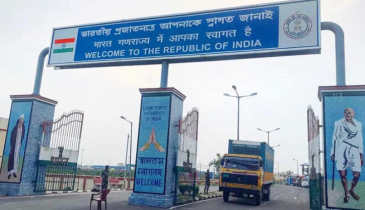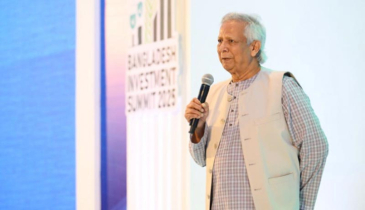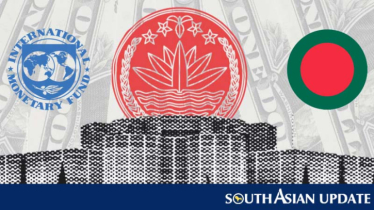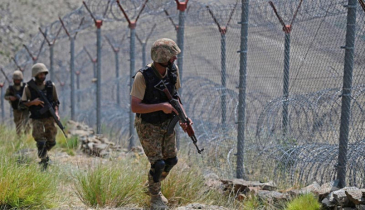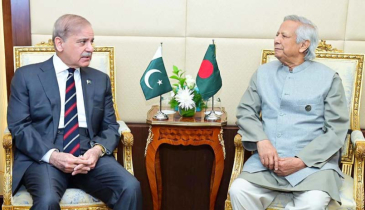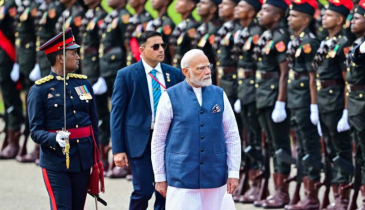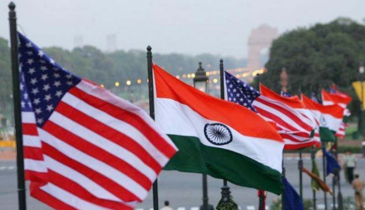Six weeks, 969 million voters, 2,600 parties
India set to embark on the world's largest electoral exercise
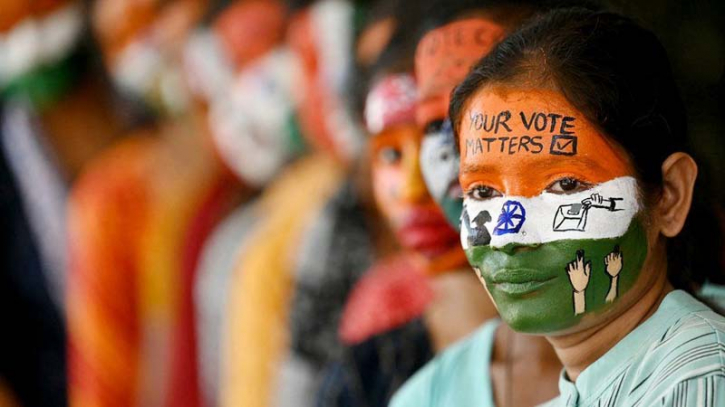
India, with its staggering population of over 1.4 billion people, is poised to embark on its national election starting on April 19.
India's parliamentary elections ensure that citizens from even the most remote and challenging terrains can exercise their voting rights. In some of the most inaccessible areas voting machines are transported by unconventional means such as horses and elephants, while some polling booths can only be reached by boat.
Given India's vast geographical expanse, the electoral process unfolds over seven phases across different states, spanning nearly six weeks in total. Utilizing electronic voting machines deployed across more than a million polling booths, the Election Commission of India will mobilize a workforce of 15 million individuals to oversee the operation. Polling will conclude on June 1, with results slated to be counted and declared by June 4.
India's elections are renowned for their hefty price tag, with this year's expenses expected to reach a staggering 1.2 trillion rupees (£12bn), nearly double the expenditure of the 2019 elections.
With a whopping 969 million eligible voters, representing over 10% of the global population, India boasts the largest electorate worldwide, including 18 million first-time voters.
A staggering 2,600 political parties are vying for representation in this election. Leading the pack, according to most analysts and political polls, is India's Prime Minister Narendra Modi and his Bharatiya Janata Party (BJP), which has held power since 2014 and is now seeking a third term.
Modi's Hindu nationalist policies and the BJP's governance have significantly influenced India's political and cultural landscape, veering away from the secular principles enshrined in the constitution towards Hindu majoritarian rule.
In the past decade, opposition parties in India have weathered sustained attacks from powerful state agencies, resulting in a weakened position. Numerous opposition figures have been subject to investigations or arrests in cases related to finance and corruption, allegations they claim are politically motivated.
As the world's most populous democracy and one of the fastest-growing economies, the outcome of India's elections holds significant international ramifications. India's burgeoning partnerships with countries like the UK, the US, and France, underscore its growing importance on the global stage, serving as a strategic counterbalance to China.
.png)


